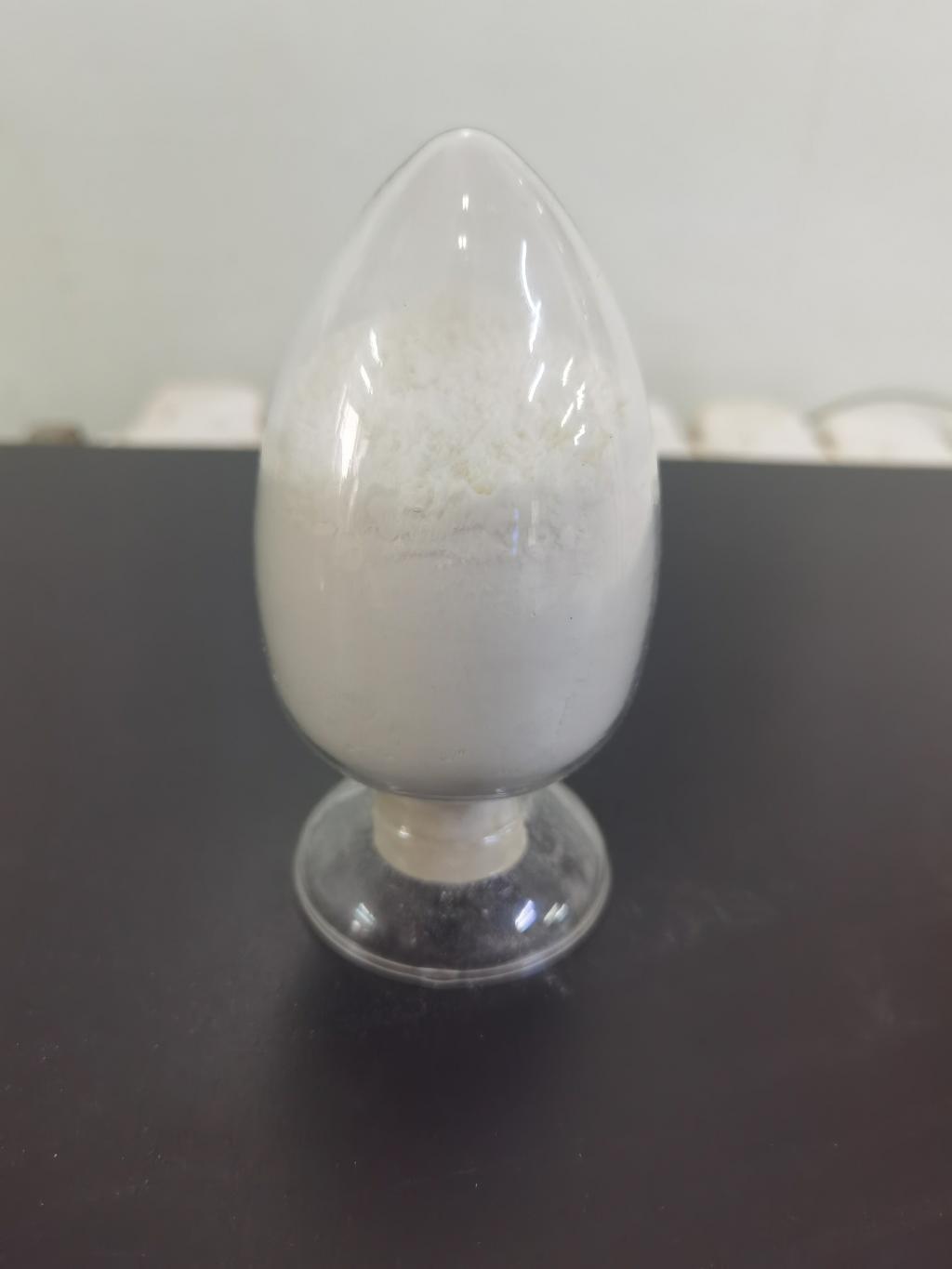Tel:+8618231198596

News
 CONTACT
CONTACT
 CONTACT
CONTACT
- Linkman:Linda Yao
- Tel: +8618231198596
- Email:linda.yao@dcpharma.cn
- Linkman:CHARLES.WANG
- Department:Overseas
- Tel: 0086 0311-85537378 0086 0311-85539701
News
ε-Polylysine Hydrochloride: A Potential Therapeutic Agent for Neurodegenerative Diseases.
TIME:2024-07-02
ε-PL Hydrochloride (ε-PL-HCl) is a more stable form of ε-PL, which enhances its solubility and bioavailability, making it more suitable for therapeutic applications. Recent studies have begun to uncover the potential of ε-PL-HCl beyond its antimicrobial activity, suggesting that it may also possess neuroprotective and anti-inflammatory properties, which are crucial for the treatment of neurodegenerative diseases.
Mechanisms of Action
The potential therapeutic effects of ε-PL-HCl in neurodegenerative diseases can be attributed to several mechanisms:
Neuroprotection: Neurodegenerative diseases are characterized by the progressive loss of neurons. ε-PL-HCl has shown potential in protecting neurons from various forms of damage, including oxidative stress and excitotoxicity, both of which play significant roles in the pathogenesis of neurodegenerative diseases.
Anti-inflammatory Effects: Inflammation is a common feature of neurodegenerative diseases. Chronic neuroinflammation contributes to the progression of neuronal damage. ε-PL-HCl has been found to exert anti-inflammatory effects by inhibiting the activation of microglia and astrocytes, the primary immune cells in the brain, and reducing the production of pro-inflammatory cytokines.
Antioxidant Properties: Oxidative stress is a key contributor to the neuronal damage observed in neurodegenerative diseases. ε-PL-HCl has demonstrated antioxidant properties, scavenging reactive oxygen species (ROS) and enhancing the activity of endogenous antioxidant enzymes, thus protecting neurons from oxidative damage.
Inhibition of Protein Aggregation: Abnormal protein aggregation is a hallmark of many neurodegenerative diseases. For instance, amyloid-beta (Aβ) plaques in Alzheimer's disease and alpha-synuclein aggregates in Parkinson's disease. ε-PL-HCl has been shown to inhibit the aggregation of these pathogenic proteins, thereby potentially mitigating their toxic effects on neurons.
Preclinical Studies
Preclinical studies have provided promising evidence supporting the potential of ε-PL-HCl as a therapeutic agent for neurodegenerative diseases.
Alzheimer's Disease: In models of Alzheimer's disease, ε-PL-HCl has been shown to reduce amyloid-beta plaque formation and improve cognitive function. These effects are believed to be mediated through the inhibition of amyloid-beta aggregation and the reduction of oxidative stress and neuroinflammation.
Parkinson's Disease: In Parkinson's disease models, ε-PL-HCl has demonstrated neuroprotective effects on dopaminergic neurons, the primary neurons affected in this disease. It also reduced the levels of alpha-synuclein aggregates and improved motor function in animal models.
Huntington's Disease: Huntington's disease is characterized by the accumulation of mutant huntingtin protein. ε-PL-HCl has been found to reduce the aggregation of mutant huntingtin and protect neurons from related toxicities in cellular models of Huntington's disease.
Amyotrophic Lateral Sclerosis (ALS): ALS is characterized by the degeneration of motor neurons. Preclinical studies have indicated that ε-PL-HCl can protect motor neurons from oxidative stress and excitotoxicity, suggesting its potential for ALS treatment.
Future Prospects and Challenges
While the preclinical data is promising, several challenges must be addressed before ε-PL-HCl can be considered a viable therapeutic agent for neurodegenerative diseases.
Pharmacokinetics and Bioavailability: One of the primary challenges in developing ε-PL-HCl as a therapeutic agent is ensuring its adequate bioavailability and proper pharmacokinetic profile. Further research is needed to optimize the delivery methods and dosing regimens to achieve therapeutic concentrations in the brain.
Safety and Toxicity: Although ε-PL-HCl is generally considered safe as a food preservative, its long-term safety and potential toxicity in the context of therapeutic use need to be thoroughly evaluated. Comprehensive toxicological studies and clinical trials are essential to ensure its safety in humans.
Mechanistic Studies: While the neuroprotective and anti-inflammatory effects of ε-PL-HCl have been demonstrated, the precise molecular mechanisms underlying these effects require further elucidation. Understanding these mechanisms will aid in the rational design of more effective ε-PL-HCl-based therapies.
Clinical Trials: The ultimate test for any potential therapeutic agent is its performance in clinical trials. ε-PL-HCl must undergo rigorous clinical testing to establish its efficacy and safety in humans. This process will involve multiple phases of clinical trials, starting with small-scale safety studies and progressing to larger efficacy trials.
Combination Therapies: Given the complex and multifactorial nature of neurodegenerative diseases, ε-PL-HCl may be most effective when used in combination with other therapeutic agents. Research into potential synergistic effects with existing treatments could enhance its therapeutic potential.
Conclusion
ε-Polylysine Hydrochloride (ε-PL-HCl) represents a promising new frontier in the search for effective treatments for neurodegenerative diseases. Its neuroprotective, anti-inflammatory, antioxidant, and anti-aggregation properties offer a multifaceted approach to combating the complex pathologies of diseases like Alzheimer's, Parkinson's, Huntington's, and ALS.
Preclinical studies provide encouraging evidence supporting the potential of ε-PL-HCl, but significant challenges remain. Addressing issues related to pharmacokinetics, safety, and mechanistic understanding will be crucial for advancing ε-PL-HCl from the laboratory to clinical use.
- Tel:+8618231198596
- Whatsapp:18231198596
- Chat With Skype







